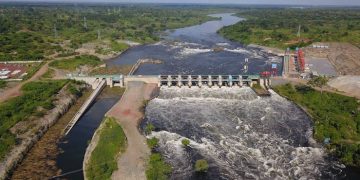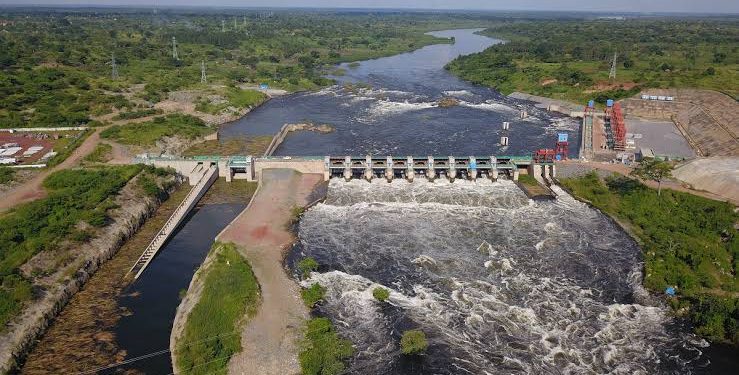Government is concerned about the increasing levels of vandalism of electricity transmission instalments of the Karuma hydropower project.
The 6 trillion shillings project has been set for commissioning in June 2022, the third time that it is being extended.
The project construction has been ongoing since 2013, and completion was initially expected to be realized in five years.
Earlier, the delays had been attributed to land acquisition for transmission lines and the reservoir, poor workmanship by Sinohydro, the contractors, and back forth submissions and rejection of the technical drawings and designs among others.
Karuma will be evacuated by three mission lines; they include the Karuma-Lira, Kawanda-Karuma and Karuma-Olwiyo lines.
The lines were about 90% complete awaiting completion of the substation at Olwiyo and hundreds of pylons already constructed.
However, the Electricity Regularity Authority (ERA) and members of the Energy Natural Resource Committee, and Minister of State for Energy have noted with concern that the commissioning will not likely take place due to the massive vandalism and destruction of the electricity transmission instalments.
Engineer Zina Tibala Waako, the Chief Executive Officer Electricity Regulatory Authority (ERA) said that the construction of the project is near completion, but its likelihood of commissioning is still questionable due to the massive destruction of the transmission lines which will also financially cost the government.
For instance, Waako noted that electricity pylons stretching over 26 kilometers along the 66 kilometers Karuma-Lira line have been vandalized. Both poles and metals have been cut off.
Dr. Emmanuel Otaala, the Parliamentary Committee Chairperson for Energy, Mineral and Natural Resource who is on a working visit in the project areas said that the destroyed electricity transmission pylons which require total repair are numbered in hundreds and very worrying to the country.
According to Otaala, the problems extend across all parts of the country something he described as economic sabotage which calls for hefty punishment for the offenders.
Currently, a person found guilty of destroying electric installments is fined twenty thousand shillings or faces one-year imprisonment but now Otaala wants the penalties amended with culprits fined up to one billion shillings and ten years imprisonment.
The committee chairperson says the construction of one electric pylon cost above Shillings 300 million. Otaala noted that it is useless to commission something which cannot transmit electricity.
However, the Minister of State for Energy Sidronius Okaasi Opolo said that the contractor is already undertaking commissioning tests of three turbines out of the six.
He noted that the government made arrests of some of the suspects and also installed surveillance cameras to track the vandals but they were frustrated when they instead targeted and stole the monitoring cameras. URN











